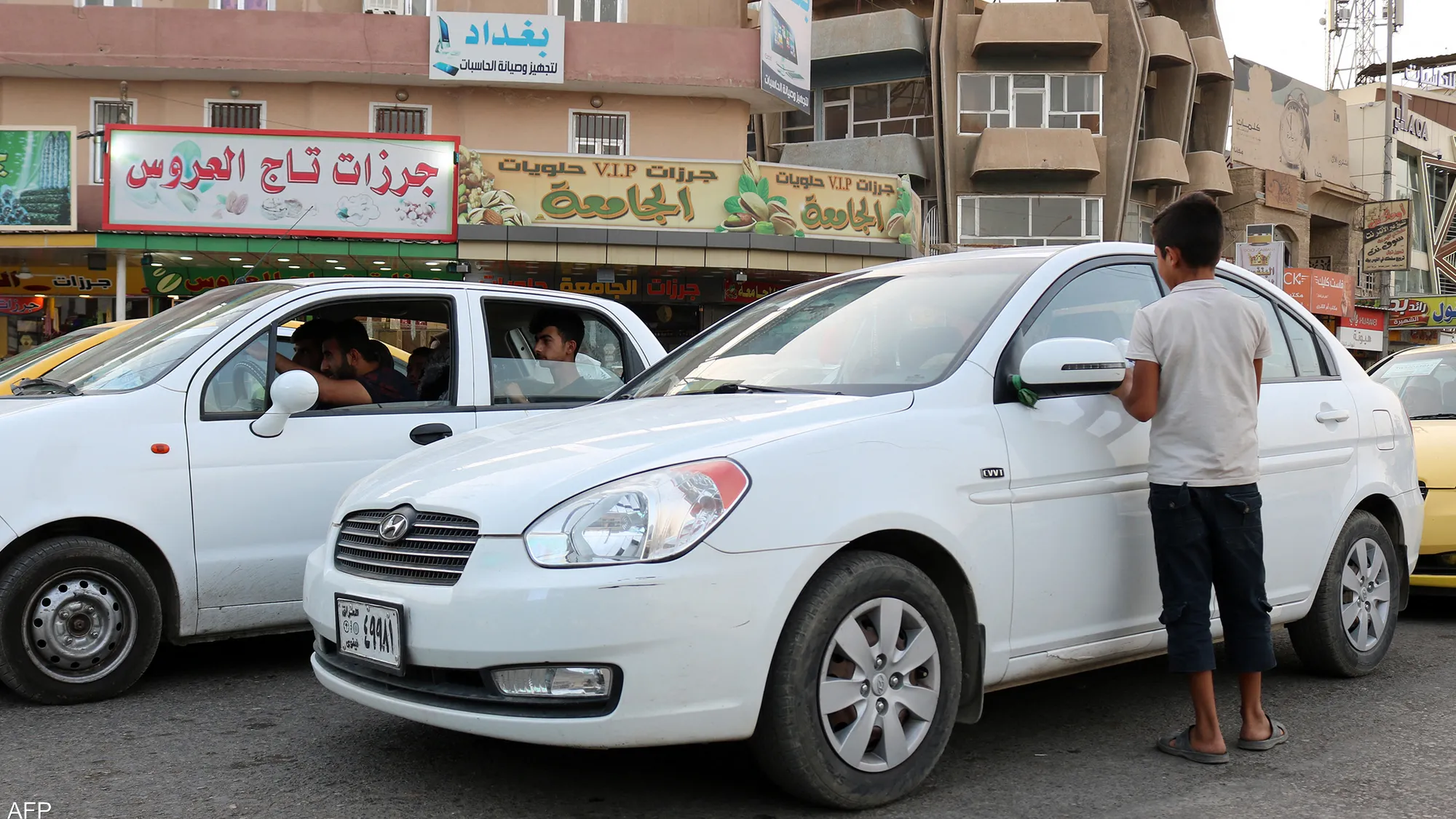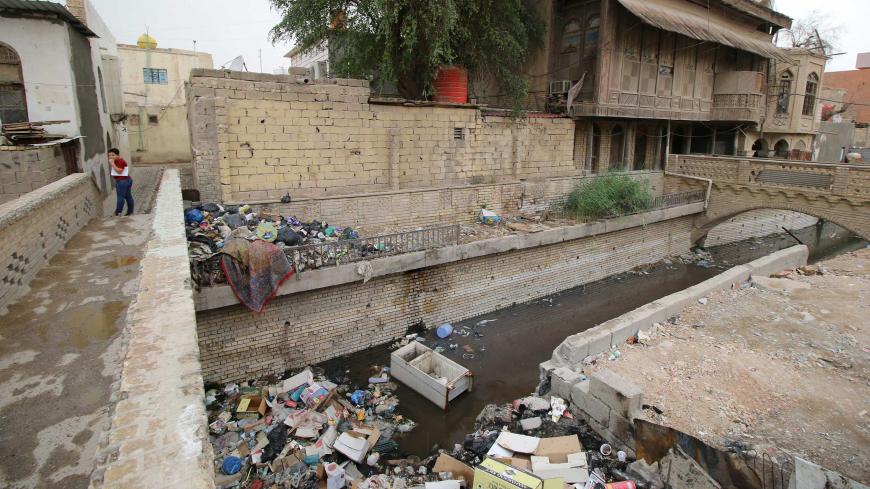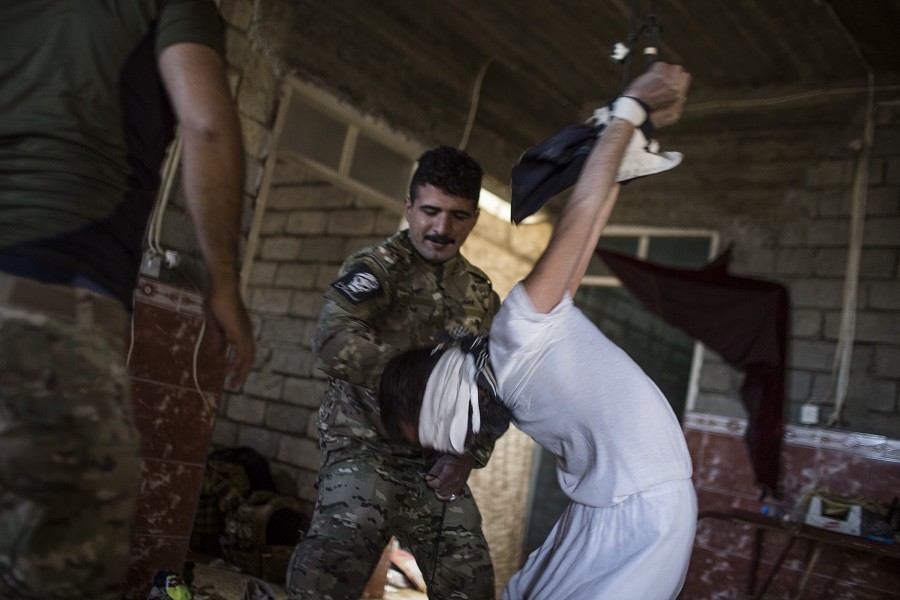The Iraqi Observatory for Human Rights claimed that the workers in Iraq are still suffering from the policy of marginalization, exclusion, and lack of rights due to the absence of legal legislation that protects them, especially after the regime change in 2003. Labors suffer from low wages and the absence of employment opportunities in the public and private sectors.
"After the cessation of most factories and laboratories in Iraq, the employment opportunities significantly decreased. however, companies' owners and private sector rely on foreign laborers, due to low wages they receive for their work".
The labor law passed by the Iraqi parliament in 2015, which the trade unions in Iraq considered this law as a qualitative and important breakthrough, still needs real and modern touches that keep it abreast of the current labor market because it embraces content that does not serve the worker adequately.
The law focused on the importance of the after-service financial security system, known as retirement, but largely neglected the development of the private sector and the improvement of salaries for non-retired workers.
According to AMMAR SALAH (28), years and a number of colleagues were dismissed from work in one of the factories of manufacturing nylon bags in Baghdad, in 2014, after the official announcement by the government regarding the policy of austerity, which forced the employer to dismiss the majority of workers because of their inability to pay wages and rely on imported plastic bags".
He also said, " I have been searching for a job for three years as I hold a management diploma.
Also, MOHAMMED BADR, 33 years, was replaced by a foreign worker (A Bangladesh worker) in one of the shops in Karrada district, claiming that the foreign worker gets fewer wages, and does not ask for any vacations or off days.
He added He turned to work in the construction field as a (ruler), however, he does not have daily work, and he is married and has children who need a lot of expenses as his children are in the preliminary school level and their needs must be met.
AHMED RABEA, 31 years, said "I work at a car wash station in the area of Camp Sarah in Baghdad, get a daily wage of ten thousand dinars (about $ 8), and I am depending on the rewards offered by my customers, and on days when no one offers me a reward, I keep my wages only".
He also said "In the past, we were paid daily wages, but two years ago the owner canceled the daily wages and informed us to rely on the rewards or tips from the customers. They know our need to work and they exploit us, no one demands our rights or holds those who exploit us to work".
The Iraqi Observatory for Human Rights said, "Employers pay workers little wages for long working hours. Also, some work is difficult and the wages are not compatible with the work demands and with the age and experience of some workers. In addtion to the environmental hard conditions.
The observatory also said, "The system of wages must be converted into a contract system and get the approval of the cabinet.
In Addition, it must reaffirm the inclusion in Labor Law No. 37 of 2015 weekly working hours to a maximum of 40. Also, determine the minimum wage as specified by law, the coverage of the Social Security Law No. 39 of 1971, the calculation of service contracts and wages full service for the purposes of allowances and retirement start deducting 5% of the guarantee contributions from each employee as of 1/1/2019. The Ministry of Finance pays a 12% contribution to the Labor pension fund to the Ministry of Labor and Social Affairs.




